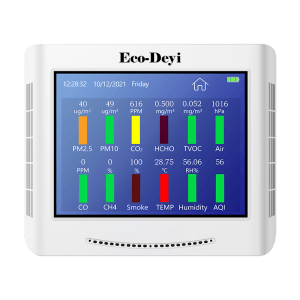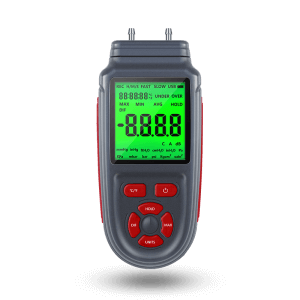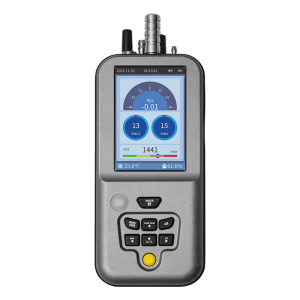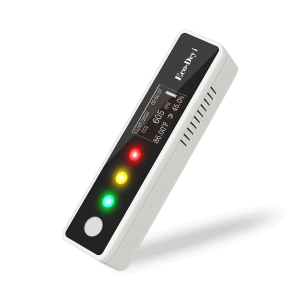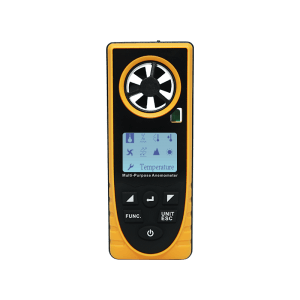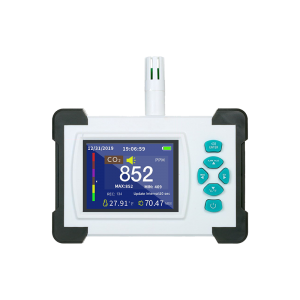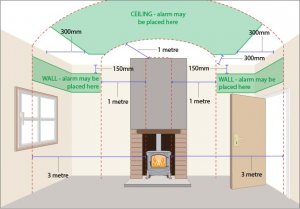Fine dust in the air penetrates the apartment through the smallest cracks and pores and accumulates there over time. According to studies by the World Health Organization (WHO), even small amounts of fine dust in the air we breathe are enough to impair your health. Find out how you can minimize the danger from fine dust in your living environment with well-functioning seals.
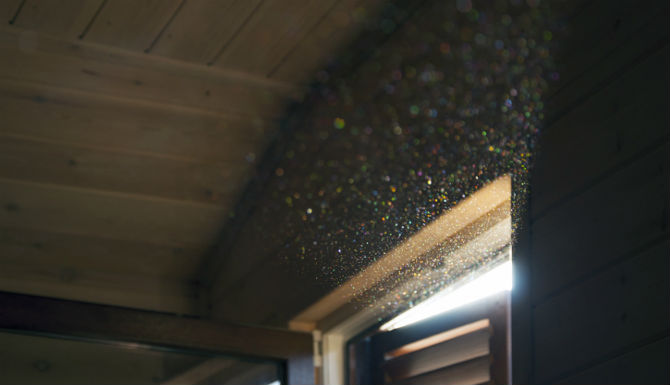
What is particulate matter and how does it get into the home?
Particulate matter is a mixture of tiny dust particles with a diameter of less than 10 µm. The main sources of this dangerous air pollutant are road traffic, industry and agriculture. If there is fine dust in the air, these fine dust particles get deep into our lungs with every breath we take, where they exert their harmful effect. Fine dust from the outside air make its way into offices and living spaces through open windows, doors, wall gaps or porous seals. The interiors of vehicles are also exposed to these pollutants. A regular check of the fine dust filter in the room reduces the accumulation of these microscopic particles. In the car, the seal around the car door prevents fine dust from diesel vehicles and dust thrown up from the road from penetrating past the ventilation filter into the vehicle interior .
Why fine dust accumulates in your home
Particulate matter accumulates near manufacturing industries and roads. The wind disperses local fine dust concentrations and rain washes the particles. These natural protective factors are lacking indoors, so fine dust accumulates in living rooms and bedrooms.
Fine dust particles penetrate into houses through cracks or brittle seals. If the wind from outside is also pressing against your walls and windows, then the drafts will also carry fine dust particles into your home, even if you ventilate your rooms at peak times. When you return from work, you bring fine dust into your home with your clothes.
This is how you protect yourself from fine dust indoors
The most important step in keeping the concentration of fine dust in your living space as low as possible is to reduce the penetration of the particles as much as possible. The following tips will help you:
- Check your window and door seals at least once a year. If there are cracks or gaps, fine dust can get into your home through tiny pores.
- Avoid airing the apartment at peak traffic times or on days with high level of pollen. The ideal times for airing are when it is windy and after a cleansing rain shower.
- Lay carpeting in your living room and bedroom. It binds the fine dust in the apartment better than parquet or tiles. Use a vacuum cleaner with a fine dust filter, which picks up your house dust without blowing out the fine dust at the other end.
- Use laser printers and copiers by an open window or in a rarely used room. This means only a few particles that are created during printing or copying get into your living space.
- Every combustion process produces small amounts of fine dust. Only use an existing fireplace in the house to make it really cozy on particularly cold days, instead of using it for heating every day.
This is how seals help to protect against fine dust
Most fine dust is generated outside of your home, on busy roads, industrial areas and farms. If you want to keep it away from your home, you need to seal all joints and cracks.
Door seals and window seals made of rubber, foam rubber, PVC or TPE are elastic and soft. They cling reliably to the smallest bumps in door and window frames. This not only keeps annoying noise and harmful fine dust away, but also preserves your valuable heating air.
When you compress the sealing material, it quickly returns to its original shape, blocking outside air from entering. Check your seals regularly, because the elasticity of the sealing materials decreases over time. In this way you avoid fine dust in the apartment and also save energy when heating!

